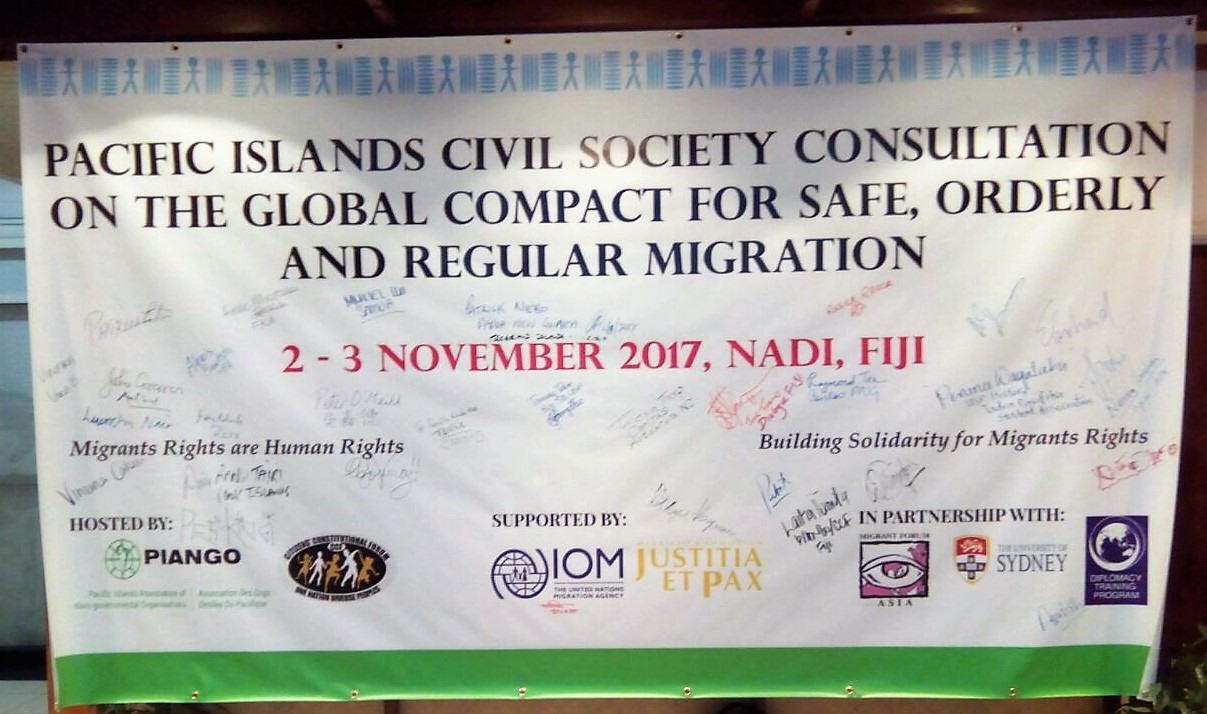
The forum of the Pacific Island Civil Society Consultation on the Global Compact for Safe, Orderly and Regular Migration is a response by civil society stakeholders strongly endorsing dignity for safe, orderly and regular migration into and from the Pacific Region. The said regional consultation was organized in Fiji from November 2 to 3, 2017, by leading civil society organizations such as the Migrant Forum in Asia, Justice and Peace, Sydney Asia Pacific Migration Center and others. The Asia Pacific International Young Christian Workers movement was represented by Nanang Ibrahim.
The forum gathered representatives from non-governmental organizations, youth movements, trade unions, educational institutions, the business sector, and other individuals who deliberated the key issues on human rights and good governance relating to the implementation process of the UN Global Compact on Migration.
Key Issues in the Asia-Pacific Region
According to an estimated report of the United Nations, Asia Pacific hosts 62 million migrants from around the world, and the region is also the origin of over 102 million international migrations. Most of the migrants engaged in labor migration, taking up low-skilled work in developing countries. Last year, the remittances sent back by Asian and Pacific migrant workers totaled almost $269 billion and accounted for a significant portion of the gross domestic product in some countries.
However, many migrants face discrimination and rights abuses due to their race, gender, ethnicity or culture. As non-citizens of their countries of residence, and non-residents of their countries of citizenship, migrants are often bypassed in both home and host countries.
Other several key issues that migrants face: seasonal workers; contractual violations; no social security; exploitative placements; gender inequalities; low pay; and privatization of public services and commodification. The forum strongly condemned smuggling and human trafficking of persons, including vulnerable unaccompanied minors and women, forced labor and contemporary forms of slavery.
Beliefs and core values
Above all, human life is sacred as a human right. Protection for the safety, dignity and fundamental freedoms of all Pacific migrants at all times, entering and exiting the region is a must. The spirituality in the region is emphasizing the holistic knowledge and dependent relationship between people and nature.
The consultation forum echoed that “Aligning with the Pacific values of reciprocity, resilience, consultation, dialogue, we support that stronger partnerships should be fostered between Pacific countries, governments, regional organizations, NGOs, CSOs, trade unions, youths, private sectors, educational institutions and researchers, migrant organizations, and faith-based organizations to strengthen cooperative collaborations that facilitate and ensure inclusive safe, orderly and regular Pacific migrations; and that the Pacific voice should be heard in all pertinent dialogues and processes governing climate change induced migration at the national, regional and global levels corresponding with binding instruments.”
Migration and the Sustainable Development Goals
The 2030 Agenda recognizes the economic value of migrants: migrant workers are expressly considered in SDG 8 on economic growth and decent work for all, and they strongly appear on SGD 10 point 7 which calls for the facilitation of ‘safe, regular and responsible migration, including through the implementation of well managed migration policies’.
While migration and remittances are one important aspect of the development of one country, governments must recognize that migrants are in a precarious situation and they must adopt the principle of ‘leaving no-one behind’. The group called out their Pacific governments to rethink and mobilize resources, appropriate mechanisms and technologies for best protection and assistance, sustainable development, poverty eradication and conflict prevention underpinned by Pacific values.
On climate change
A common statement developed in the forum says that “Climate change induced migration is a critical concern for Pacific Island countries. It poses existential threats such as loss of land due to coastal erosion and flooding, self-determination, loss of access to water and compromised food sovereignty, and the uprooting and displacement of Pacific people who are spiritually and culturally connected to their land and sea. This is reflected in the burial of umbilical cords in the land and the birthrights of Pacific people that signify the deep relationship they have with the land and ocean. Pacific Island governments need to prioritize climate change induced migration and to push for its recognition and inclusion in the Global Compact for Safe, Orderly and Regular Migration.”
Priority Action: Human Rights of Migrants
Most of the time, migrants are forced to live and work in vulnerable and precarious conditions. They are afraid of complaining because they will be denied their rights and freedoms. This often results in discrimination, exploitation and marginalization.
Various groups present at the forum will continue to advocate migrants’ rights, including decent life and work.
The International Young Christian Workers will continue its grassroots program on skills training and language courses to facilitate migrants and refugees’ integration into society. This is a noted action of YCW Australia, and a similar action is carried out in another continent, Europe.
The IYCW advocates for a human rights-based approach to migration placing migrants at the center of migration policies and governance. They should be given equal opportunities, including equal access to education, health, just work, housing and other national government programs and policies.
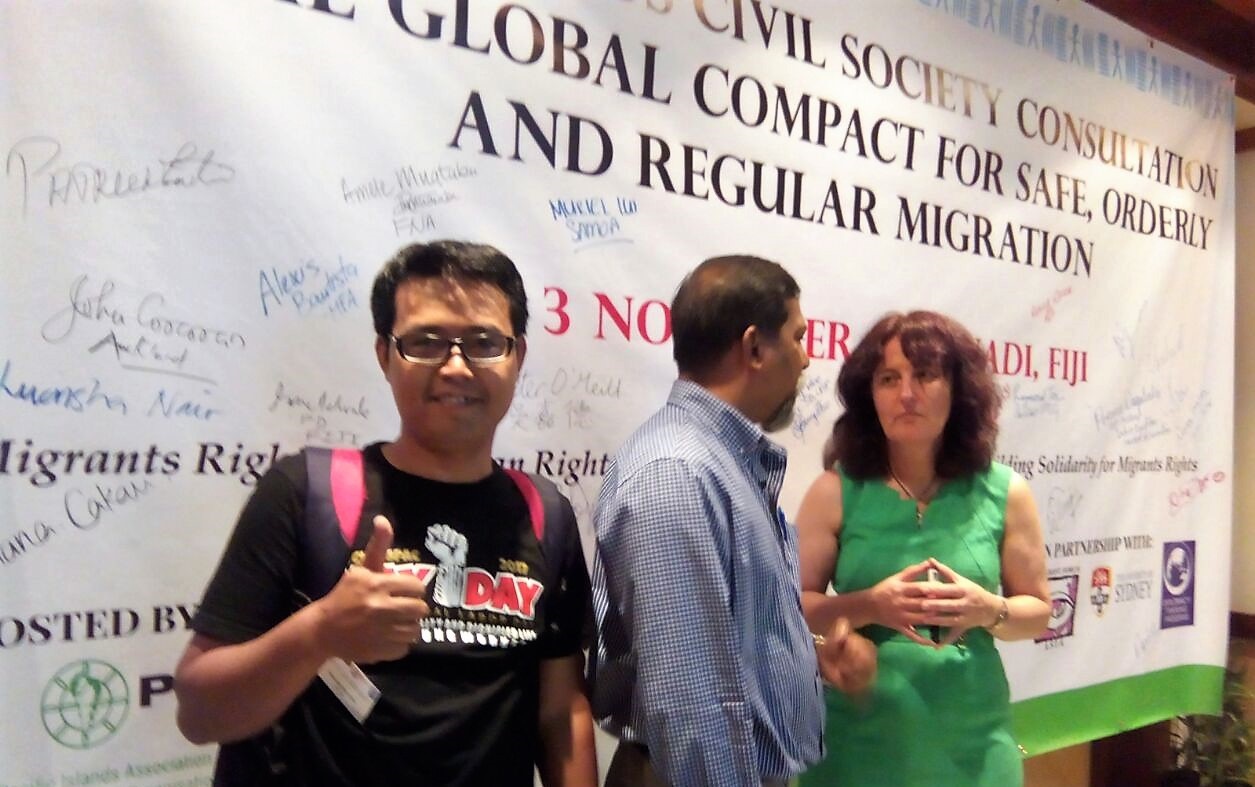

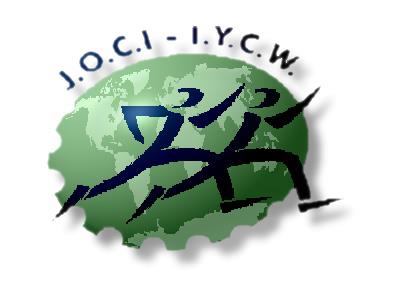
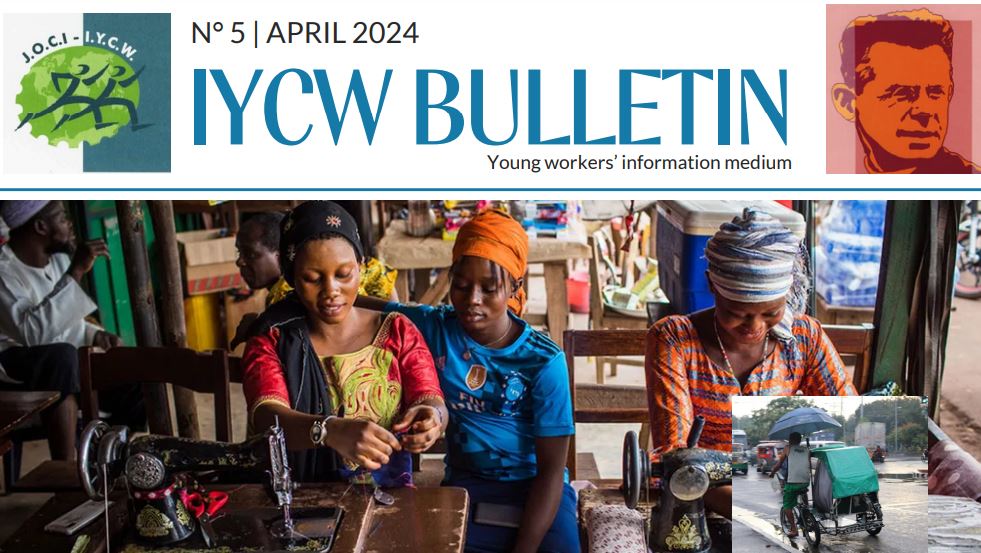
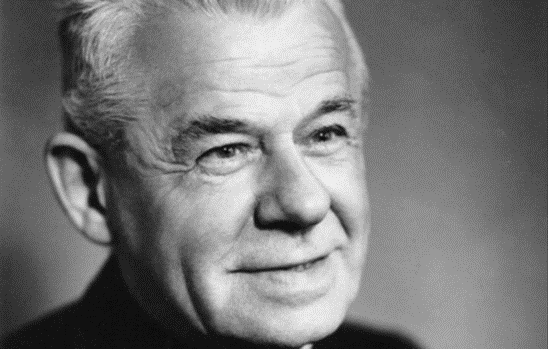
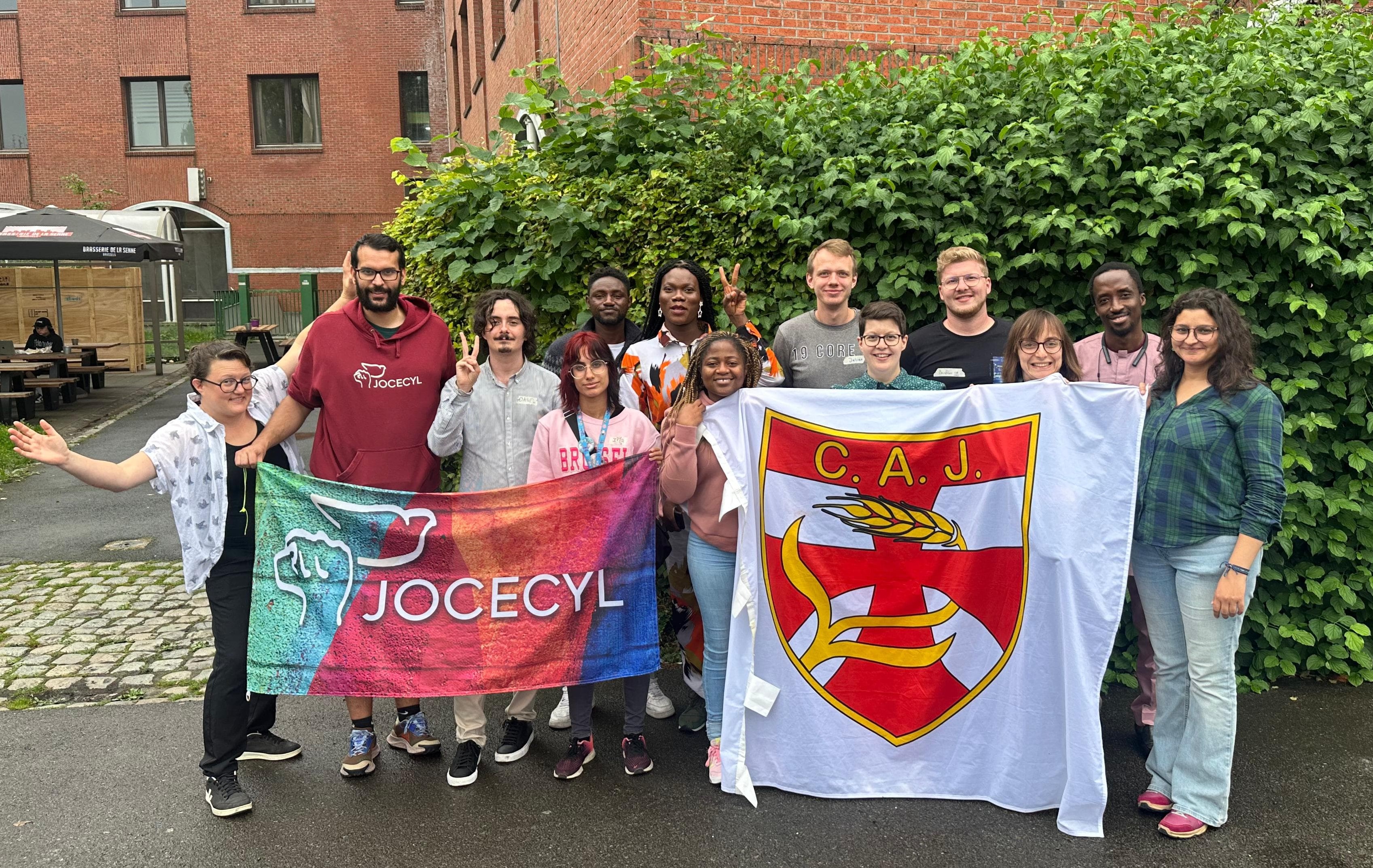
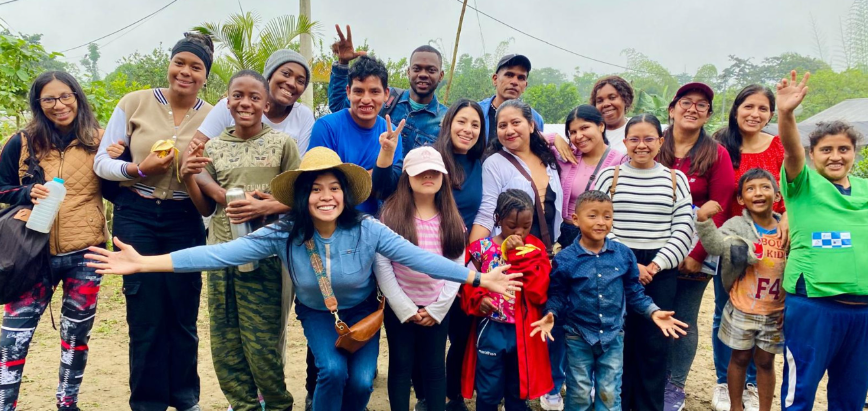
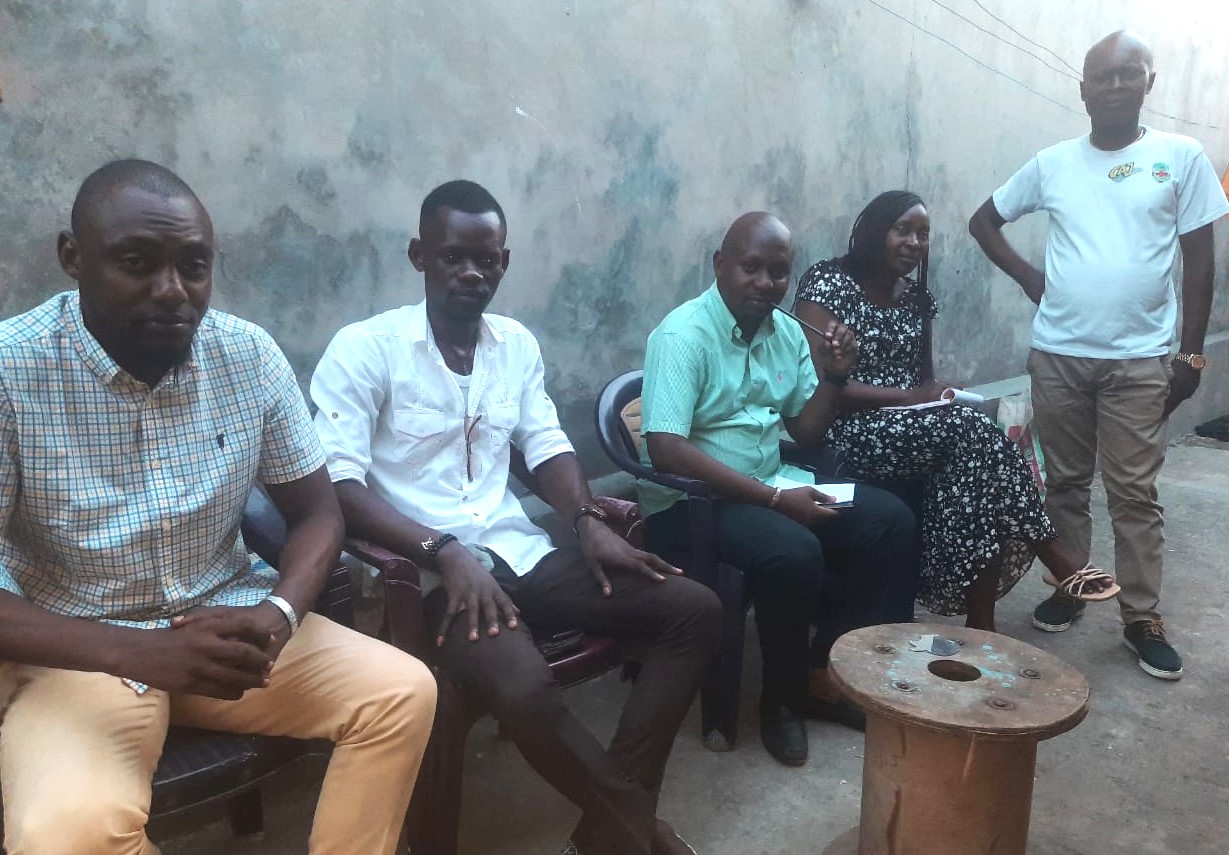
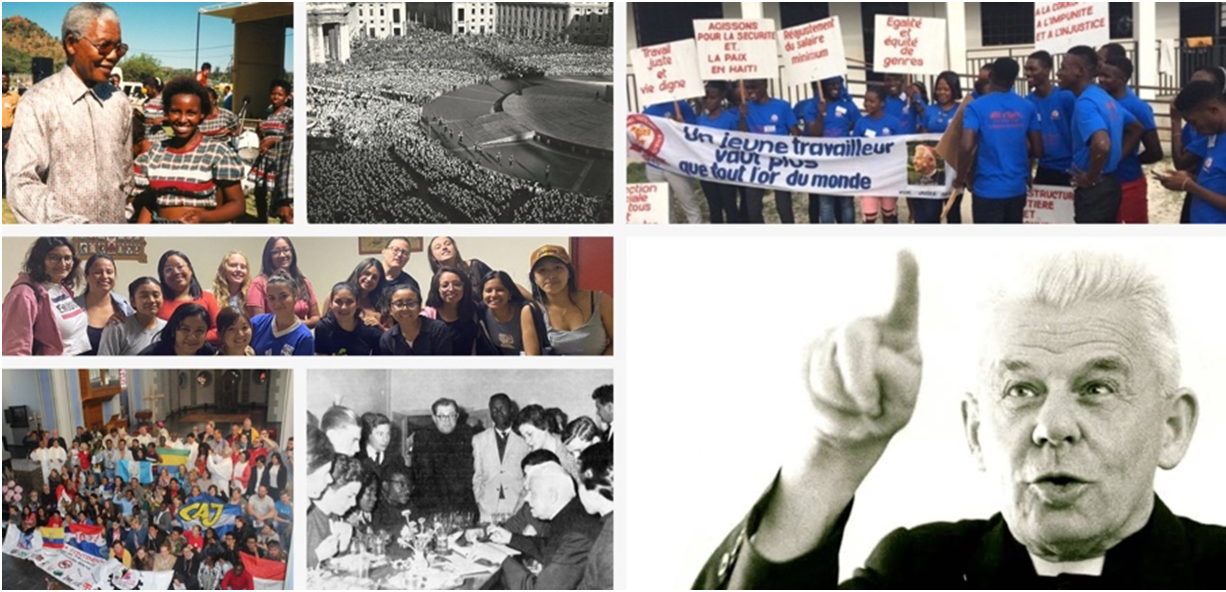
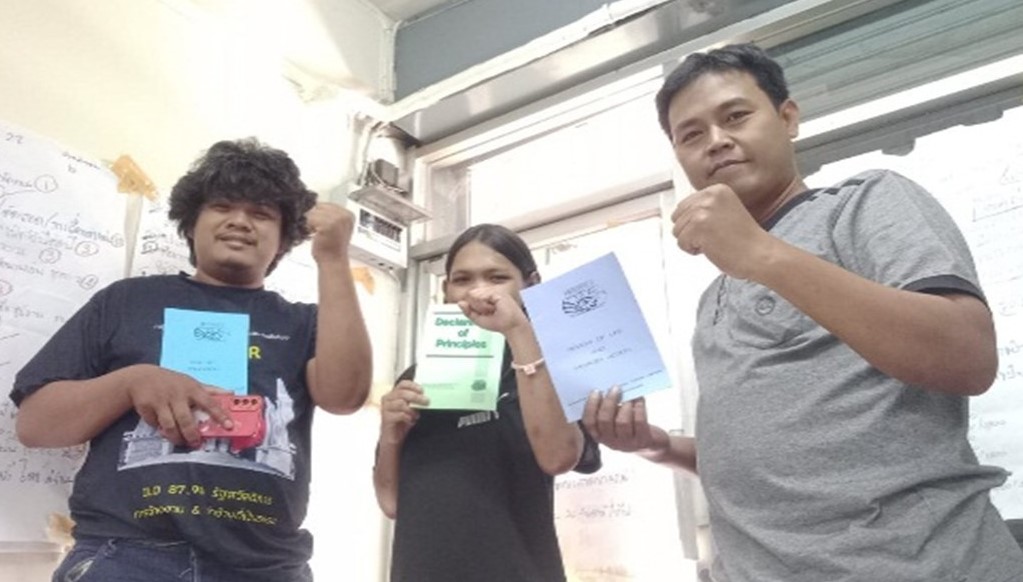
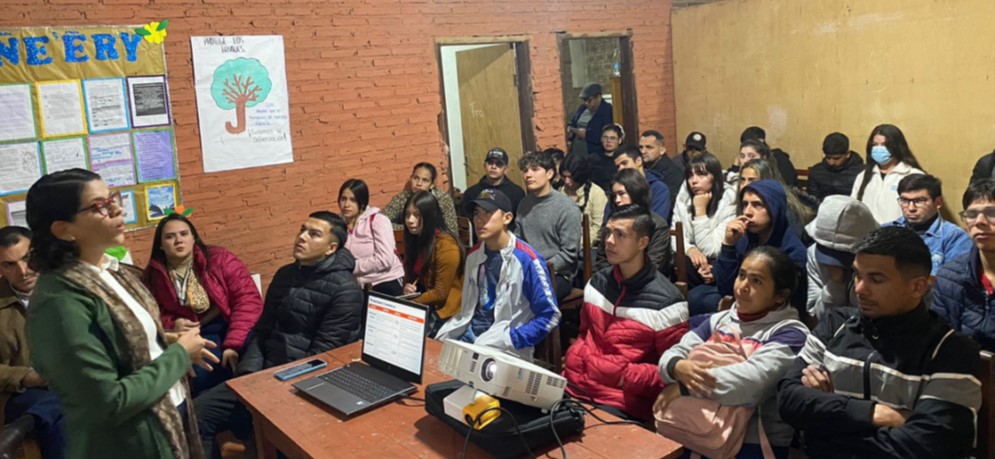
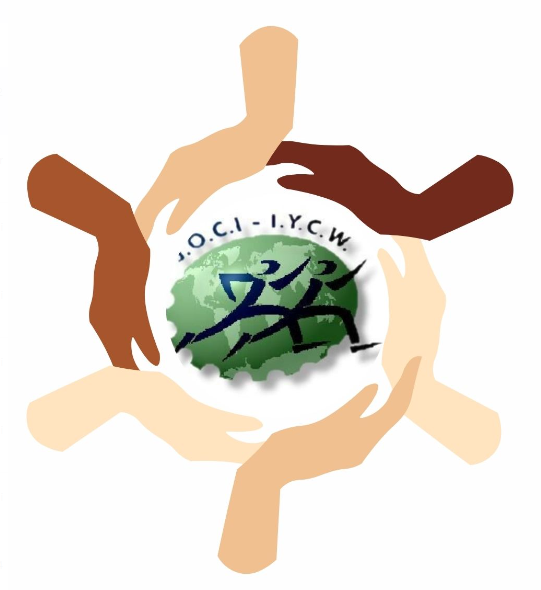

 English
English  Español
Español  Français
Français